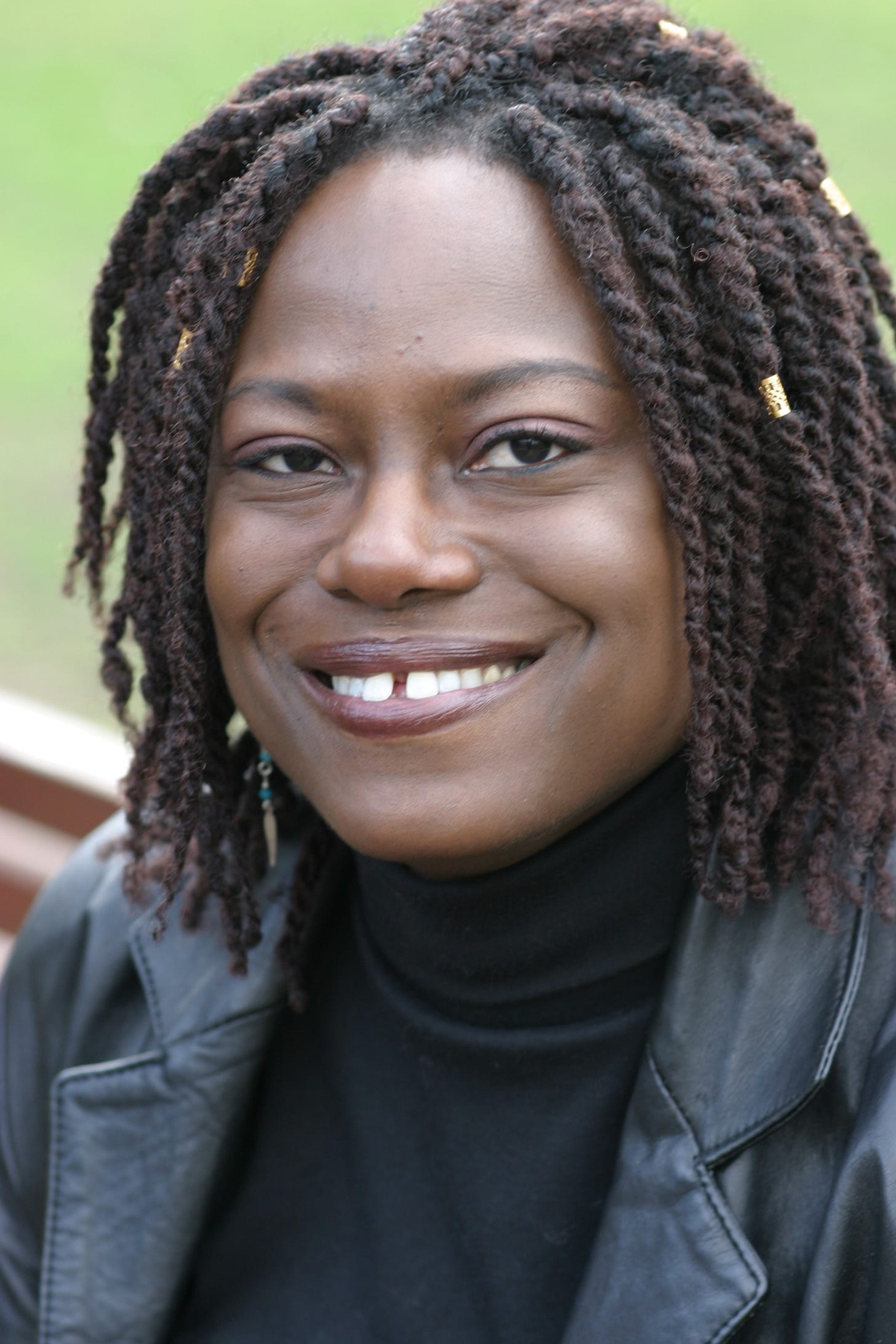Dreda Say Mitchell is a best-selling and award-winning author appointed an MBE by Her Majesty Queen Elizabeth for her services to literature and education work in prisons. She received the CWA’s John Creasey Dagger in 2004, the first time a Black British author has received this honour. She writes across the crime and mystery genre with her writing partner, Ryan Carter, and their psychological thriller, Spare Room, was a #1 UK and US Amazon best-seller. Dreda was also one of twelve international female writers chosen to reimagine Agatha Christie’s Marple in a new anthology of short stories.
What book should every writer read?
The Pulitzer prize-winning coming-of-age novel The Colour Purple by Alice Walker. Writers need to read it because it shows how fiction can be life-changing. I read it when I was seventeen, when it was still very hard to find literature written by Black women. I laughed, cried, railed at the unfairness of the world. But ultimately, I felt sweet triumph. That’s what this iconic book was about: the triumph of a Black woman from a poor background who overcame the odds stacked against her. For a young black woman like me who grew up on an East End housing estate, that was and remains a powerful message and motivator.
What is the one thing you wish someone had told you before you started your writing career?
I wish someone had told me about the many strategies that demystify and make the process of writing easier. Ultimately, the aim is to finish a book. Another writer introduced me to various ways to plot a crime book - what a game-changer! So, I plot and plot from A-Z before I start writing, which means I can complete a book in a relatively short space of time.
“‘Someone like you’ became my unique selling point. Far from being a weakness, it is one of my greatest strengths.”
What is the best advice you’ve ever received about your writing?
My writing career began when I applied to join a creative writing course at a very prestigious venue in London. After I applied, I was told, “Someone like you won’t get it.” I knew they meant because I am Black, working class and since my parents both left school before the age of fifteen. I did get in. Later, my first publisher told me one of the reasons she chose me was because my writing was unique. So, “someone like you” became my unique selling point. Far from being a weakness, it is one of my greatest strengths. Believe in you! Believe in your ambition!
What is the most underestimated challenge about being a professional writer?
I’m going to mention the M-word – money. I believe in the old saying, “A fair day’s pay for a fair day’s work”. Writers need to get paid, or we’re in danger of reducing the artistic and creative sector to a hobby and lifestyle choice only open to those with the finances to do it. That’s why the work of the RLF is key since it gives writers the financial support they need to enable them to continue to write and thrive1.
5. What was the proudest moment of your writing career?
Winning the Crime Writers’ Association John Creasey Dagger for my first novel. I was the first Black British author to be awarded this honour. Wow, what a moment! My book was published by two ground-breaking women who set up their own publishing venture from a house in Hackney. This historic win validated their work as indie publishers, especially in their quest to find and publish stories from a range of British voices.
“Writers need to get paid, or we’re in danger of reducing the artistic and creative sector to a hobby and lifestyle choice that is only open to those who have the finances to do it.”
6. What is your typical writing day like?
Having been a teacher, I’m very disciplined: everything is scheduled and timetabled. My writing day begins the day before because I will write the first sentences of the two scenes/chapters I intend to write the next day. This avoids the blank page syndrome, giving the writing real momentum and a flying start. I’m an early bird, so I exercise at 6:30 am, drink some green tea, and then it’s on to my computer writing until 2ish in the afternoon. Then it‘s time to catch up on some telly.
Dreda Say Mitchell is a passionate campaigner and speaker on social issues and the arts and a Trustee of the Royal Literary Fund.
You can read more ‘My Writing Life’ interviews here.
Our Writing Fellows scheme allows writers to earn a stable income and still have time to write.





